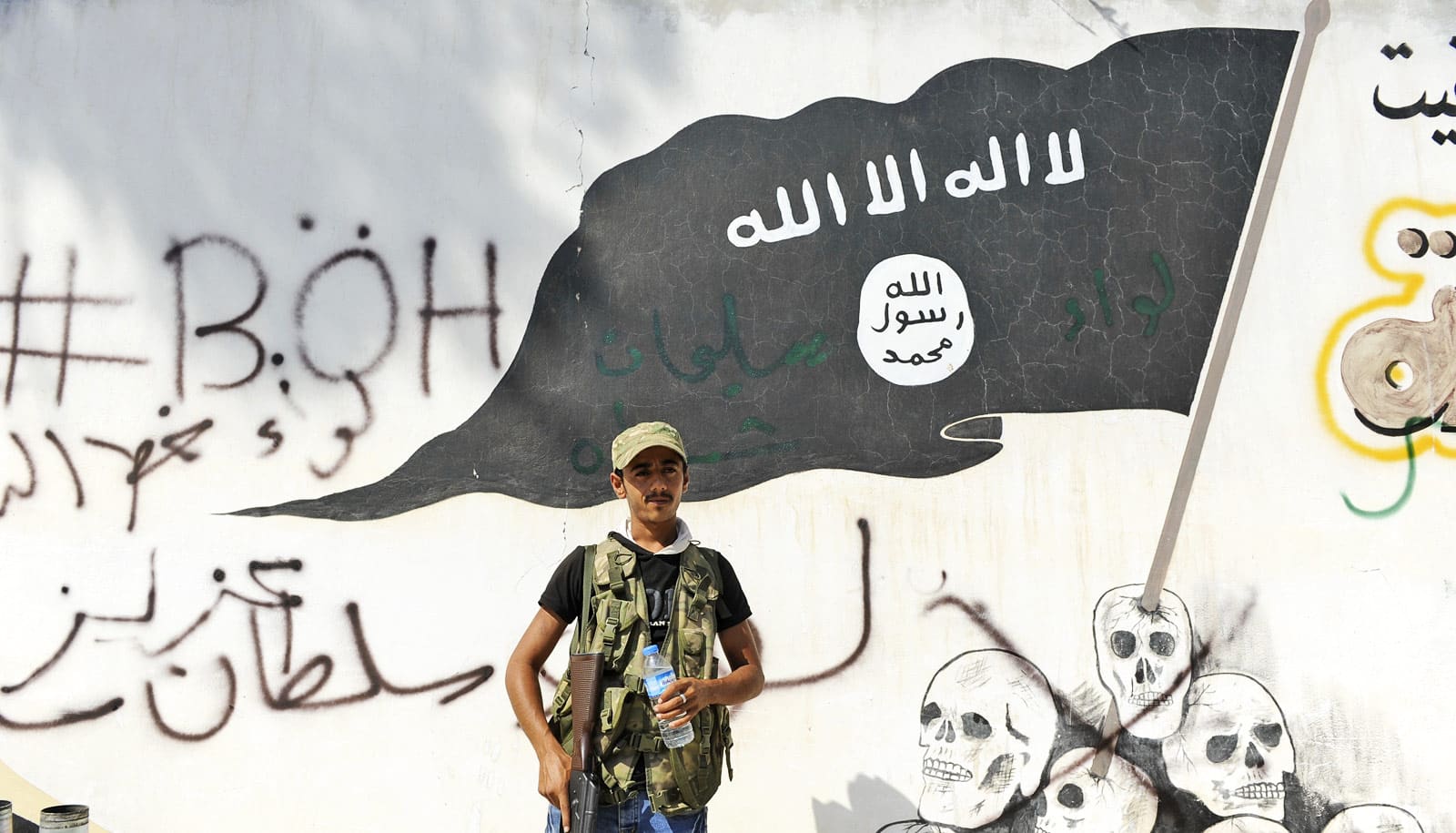New research argues that ISIS propaganda is a form of strategic communication—and that studying it could aid the military fight against terrorism.
Douglas Wilbur, a retired major in the US Army and a doctoral student in the School of Journalism at the University of Missouri, is studying the Islamic militant organization’s propaganda texts and communication strategies.
“Propaganda isn’t just one guy putting together a magazine or a pamphlet; it’s a form of strategic communication…”
In his article, Wilbur argues that analyzing ISIS materials through a neo-institutional framework (a theory that examines how a group’s cultural norms and rules guide their choices,) can help researchers and military better investigate extreme propagandists’ techniques and develop ways to combat them.
Though most Americans do not have the background knowledge needed to read ISIS propaganda, Wilbur’s time serving in Iraq helped him decipher the text. Wilbur says successfully analyzing ISIS propaganda can reveal the organization’s goals, and then experts can work to combat them.
“Propaganda isn’t just one guy putting together a magazine or a pamphlet; it’s a form of strategic communication, which means the organization is very deliberate about it,” Wilbur says. “Propaganda often is developed to support the goals of the organization at the time.”
Want to know what drives a terrorist? Ask
As an information operations officer in the Army, Wilbur frequently encountered ISIS propaganda and was well informed of their methods and tactics. Based on his experience in the Army, Wilbur wanted to perform a serious analysis of ISIS propaganda using scholarly scientific methods that he acquired through higher education.
“In the military, I was engaged in anti-propaganda efforts, but I wasn’t doing it from a scientific perspective,” Wilbur says. “So when I came to Mizzou, I came to become a social scientist. We learned the scientific method and how to apply it, and now I have better methods of analysis.”
Currently, Wilbur is working on pieces about contingency theory, which states that the best action for an organization depends on the situation. He has plans to pursue the link between propaganda and strategic communication in his dissertation.
Wilbur’s study appears in the International Journal of Strategic Communication.
Source: University of Missouri



